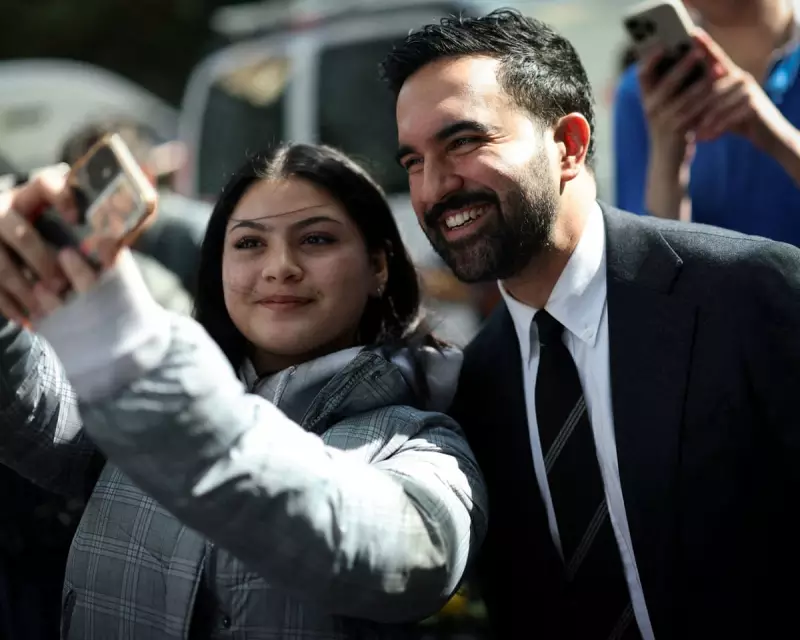
In the heart of New York's political battleground, a new generation of progressive leaders is emerging, and Zohran Mamdani stands at the forefront of this transformative movement. The Democratic Socialist has been making waves with his unapologetic advocacy for radical policy changes that challenge the status quo.
From Organiser to Elected Official
Mamdani's journey into politics wasn't through traditional corridors of power but through grassroots activism and community organising. His background as a housing organiser provided him with firsthand experience of the systemic inequalities facing ordinary New Yorkers, fueling his determination to create meaningful change from within the political system.
A Bold Policy Platform
What sets Mamdani apart is his commitment to a comprehensive socialist agenda that includes:
- Universal housing guarantees and tenant protections
- Medicare for All and healthcare as a human right
- Green New Deal initiatives with union job creation
- Police accountability and criminal justice reform
- Taxation reforms targeting wealth inequality
Challenging the Political Establishment
Mamdani's approach represents a significant departure from conventional Democratic politics in New York. Rather than working within established party frameworks, he's building power through mass mobilisation and direct engagement with constituents. His strategy focuses on demonstrating that socialist policies aren't just theoretical ideals but practical solutions to everyday problems.
The Growing Socialist Movement
The success of figures like Mamdani signals a broader shift in American politics, particularly among younger voters who are increasingly disillusioned with centrist approaches to economic and social issues. His election and subsequent work in the state assembly demonstrate that socialist candidates can not only win elections but effectively govern and advance their agenda.
As Mamdani continues to push boundaries in New York politics, he represents both the challenges and opportunities facing the progressive movement nationwide. His work raises fundamental questions about the future direction of the Democratic Party and the potential for transformative change through electoral politics.






